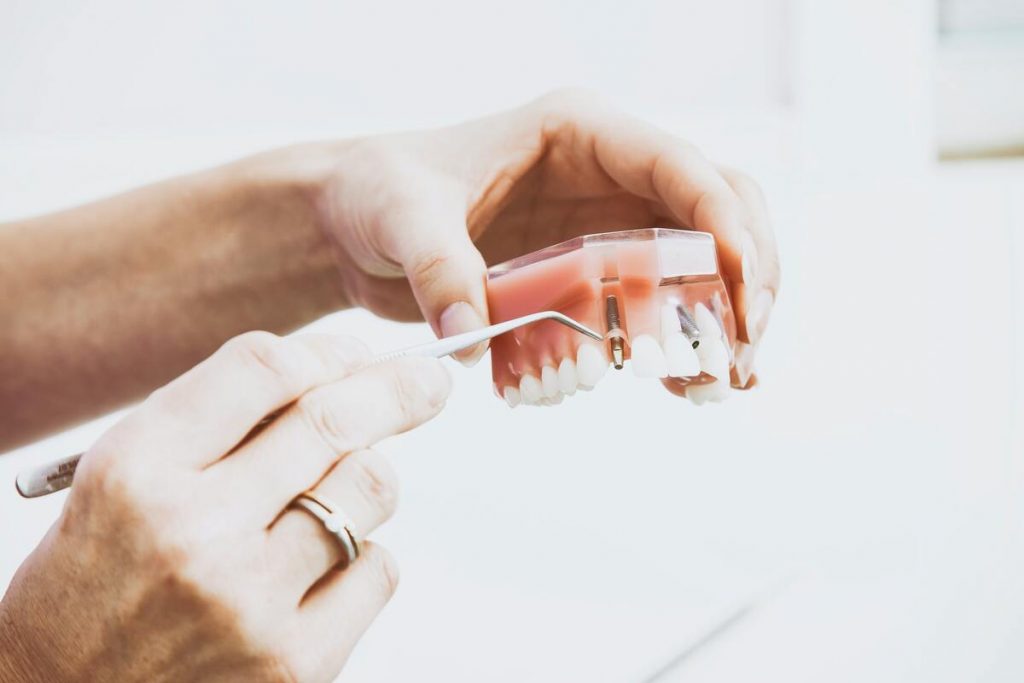Show your smile you care
Having good oral health menas far more than just white teeth, and – as anyone who has lost one or more teeth will tell you – you don’t realise how much you rely on your smile until it is visibly altered.
Whether through accidents like trauma or through poor oral health, having a visible space in your mouth can massively impact both how you feel and how you are viewed by others.
This is why anyone that has lost one or more teeth (no matter how long it has been since the loss) should look into dental implants in Richmond for a permanent and life-changing solution.
Are implants worth it?
When you lose a tooth and do not have the gap which forms permanently filled, you leave yourself far more susceptible to a broad range of dental problems and pains.
As your teeth are interdependent on each other for support, when one is missing it can have a chain reaction which causes the remaining teeth to shift out-of-place in a futile attempt at bridging the gap.
This typically results in mounting degrees of discomfort for a person – particularly if they have dentures or dental bridges in place as these do not shift with their natural teeth, causing rubbing pains.

Another problem that is faced by people who choose more traditional treatments for lost teeth over oral implants is a loss in the ability to chew tougher foods as well as a gradual loss in the ability to pronounce certain words or phrases.
By choosing to opt for oral implants over purely aesthetic alternatives such as crowns, patient’s can fully negate all of the aforementioned problems as the implants replace the lost tooth or teeth at the root – and can therefore be used with the same levels of confidence as if the new tooth was real.
How do implants work?
Oral implants, in theory, have existed in some form or other for centuries – however, it is only in more recent years that the process has been refined to the point it is at today.
Contemporary oral implants work by surgically replicating the process by which a natural tooth is embedded inside a patient’s jaw through the use of a titanium-alloy socket. Titanium-alloy is used explicitly within the oral implant process as it is the only known metal that has the capacity to form a natural mould and bond itself with human bone tissue. Patients who get implants installed undergo a brief oral surgery procedure whereby a titanium socket is embedded within their jaw, within the space that their missing teeth or tooth would fit.
After a short period where the titanium-alloy socket and the patient’s jawbone fuse themselves together, the hole can then be reopened and a new denture can be permanently fixed in place.
Because oral implants are fixed within a person’s jaw in the same way as a natural tooth, they are found to be the most comfortable way of addressing the problem of missing teeth forever.
Not only will the new implant be identical to the surrounding teeth within the patient’s mouth, but it will also feel just like a natural tooth – which is something that few alternative treatments can offer.
